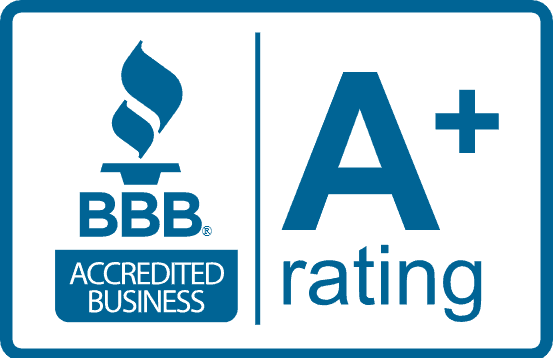Unfortunately, this is not always the case. Injuries in retail establishments are quite common and sometimes are the result of negligence on the part of the store owner or operator. If you recently suffered injuries while shopping, you may want more information about when these injuries may be cause for seeking compensation through the Tennessee civil courts.
Common retail injuries
The most common accident in a retail environment is slip-and-fall. This can happen if you slip on a wet surface, trip on torn carpeting or stumble over items left in an aisle. Slip-and-falls often result in bumps, bruises, and sprains, but under certain circumstances, you may suffer serious injuries to your spine, neck or back. You may wind up with internal injuries, broken bones or even a traumatic brain injury. Some slip-and-fall accidents, especially those involving stairs, can result in fatal injuries.
However, slipping or tripping is not the only way to suffer injuries while shopping. Other common injuries result from the following:
- Objects falling from high shelves
- Shopping carts tipping over
- Low-hanging signs or displays
- Poorly maintained escalators
- Uncontrolled crowds, such as on Black Friday
You may also suffer injuries in a parking lot that has an ineffective design, poor lighting, untreated ice or snow, or inadequate security.
Proving negligence
While it is not easy to prove that a store owner or operator is responsible for your injuries, doing so may be critical to obtaining the compensation you need for your medical treatment as well as your pain and suffering. To prove your case, you will have to demonstrate that the responsible person knew about the hazard, or should have known the hazard existed, and that he or she did nothing to rectify the situation or to warn you of the danger.
You will also have to show that your injuries directly relate to the hazard and that you would not have suffered injuries if the store owner had dealt with the hazard appropriately. While this may seem an overwhelming task, you may have more success if you retain the services of a skilled and experienced attorney.

 When you go to the grocery store or other retail establishment, you may not consider whether you are safe from injury while you shop. In most cases, you probably have a list of items you need to locate, a budget to consider and a schedule you must keep to. This is how your shopping experience should be if the store owner or manager is doing his or her job.
When you go to the grocery store or other retail establishment, you may not consider whether you are safe from injury while you shop. In most cases, you probably have a list of items you need to locate, a budget to consider and a schedule you must keep to. This is how your shopping experience should be if the store owner or manager is doing his or her job.










